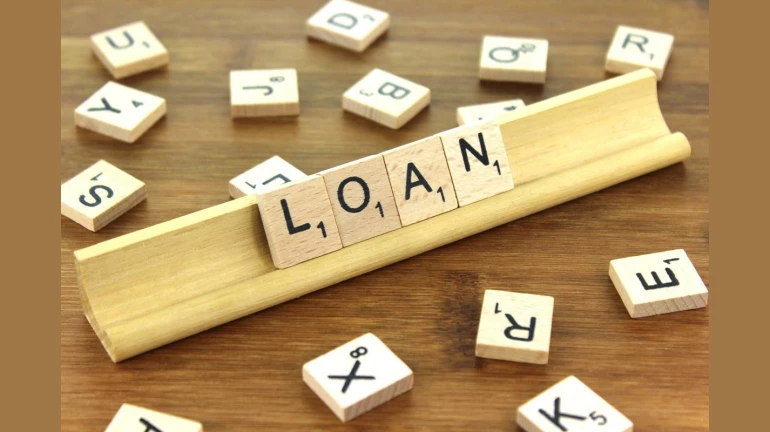
Introduction
The availability of timely and adequate financing is crucial for small businesses to meet their working capital needs and sustain daily operations. Small business owners can choose between secured funding options like loans against property or unsecured business loans that do not require collateral security. Understanding the differences between these business loan options can help entrepreneurs make informed financing decisions.
What Is a Secured Loan?
Secured business loans are a common way for small companies to get funding. With these loans, an asset is used as collateral to secure the loan. This means that if the business cannot repay the loan as promised, the lender can take the collateral asset.
There are two main types of secured small business loans:
In essence, secured small business loans use valuable property as collateral from either the company itself or its owners. This gives the lending institution a way to get their money back if the borrower cannot make the required loan payments on time.
What Is a Unsecured Loan?
An unsecured loan does not require the borrower to put up any collateral. With these loans, the lender does not take claim to a borrower's property or assets if the loan is not paid back. Instead, unsecured loans are approved based on the borrower's creditworthiness alone.
There are two main types of unsecured loans:
In recent years, online and app-based lenders have gained popularity for providing unsecured loans. They use fintech to approve these loans quickly based on analysis of the borrower's financial background. So, unsecured business loans are becoming more accessible to small company owners through such lenders.
Secured vs Unsecured Working Loans
Here is a simple comparison of secured vs unsecured working loans:
Secured Loans
Unsecured Loans
In summary, secured working loans allow borrowers to get lower rates and bigger loans because they are backed by collateral. But the borrower's assets are at risk if the loan goes unpaid.
Unsecured working loans are easier to qualify for and don't put assets in jeopardy. But they come with higher rates and smaller loan amounts since no collateral is tied to the loan.
So, small businesses need to weigh their specific needs and risks when choosing between secured and unsecured working capital loans. Those with assets to spare can benefit from fast loans, while others may prefer unsecured.
Key Considerations for Small Business When Choosing a Business Loan
The business loan type small enterprises choose would depend upon:
Conclusion
Both secured and unsecured loans have specific benefits for small companies seeking working capital finance. By evaluating factors like requirement amount, cost, eligibility and risk tolerance, small business owners can decide on the ideal loan option for funding their diverse needs. The availability of customised products makes it possible to choose loans aligned to a company's unique financial situation. Unsecured loans are more accessible to fulfil the emergency requirements of entrepreneurs since these are collateral-free loans. The collateral-free feature of the unsecured loan ensures the loan process is effortless and easily accessible. Beyond that, unsecured loans generally provide borrowers with the flexibility to use the funds as needed.





